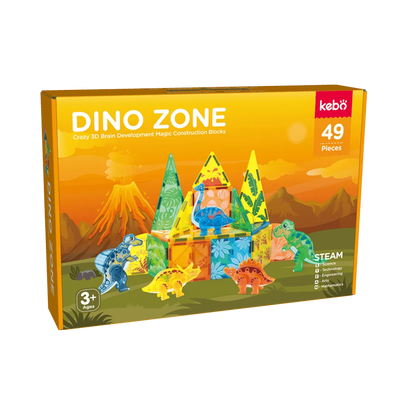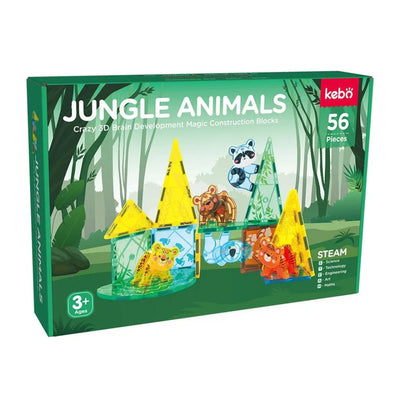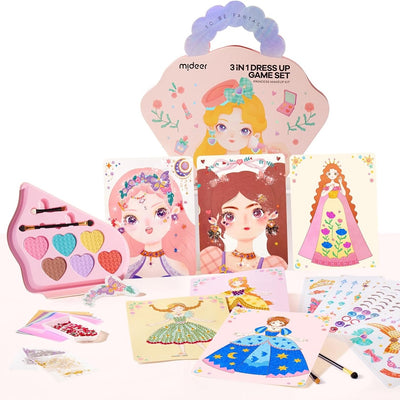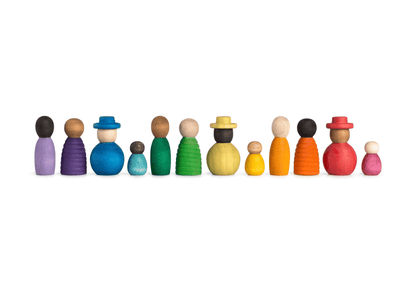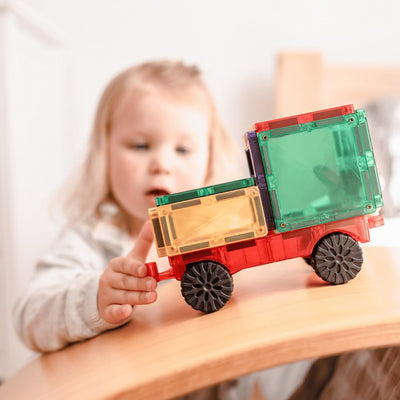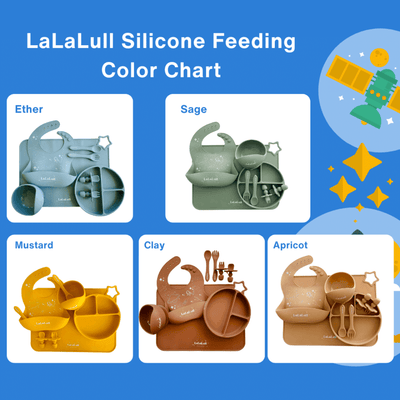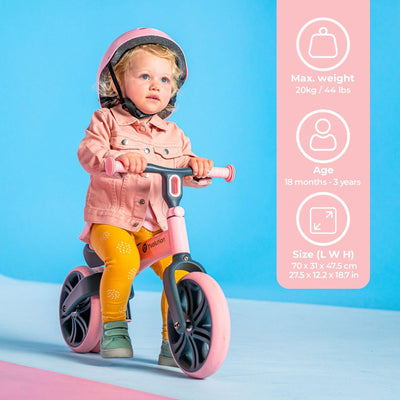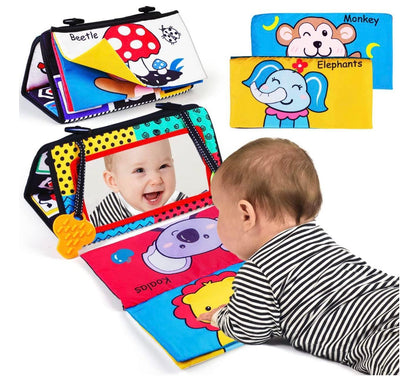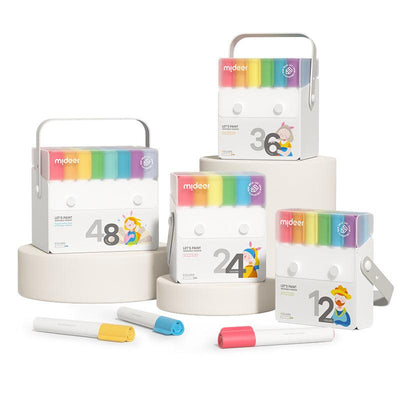Toy cars are more than just a fun pastime for children; they are powerful educational tools that foster learning and development in multiple ways. From honing motor skills to nurturing problem-solving abilities, toy cars open up a world of learning opportunities that can benefit children at various developmental stages. Let’s explore some of the key educational benefits that playing with toy cars offers to young learners.
1. Enhances Fine and Gross Motor Skills
One of the most immediate benefits of playing with toy cars is the development of fine and gross motor skills. Grasping, pushing, and steering toy cars helps children strengthen the small muscles in their hands and fingers, laying a foundation for skills like writing and drawing. Larger movements, such as crawling after cars or setting up tracks, help improve gross motor skills, coordination, and balance.
Parent Tip: Try setting up a ramp or obstacle course for your child’s cars, encouraging them to maneuver through it. This not only strengthens motor skills but also makes playtime more exciting and engaging.
2. Promotes Hand-Eye Coordination and Spatial Awareness
Playing with toy cars requires children to use their eyes and hands in unison, improving hand-eye coordination. As they push the cars in various directions, children also begin to understand concepts of space and distance, developing spatial awareness. These skills are essential for everyday tasks like catching a ball, reading, and even navigating their environment safely.
Educational Activity: Set up a simple road or track using tape or chalk and encourage your child to drive the cars within the lines. This activity helps them understand spatial boundaries and improves precision.
3. Encourages Problem-Solving and Critical Thinking
Toy cars are excellent for nurturing problem-solving and critical thinking skills. When children create tracks, navigate obstacles, or figure out how to make their cars move faster, they’re learning how to think through challenges. This kind of play encourages experimentation and helps kids develop resilience, as they learn from both successes and failures.
Interactive Challenge: Present scenarios like a “traffic jam” or “bridge construction” with their toys. Ask your child how they would solve the problem, encouraging creative thinking and problem-solving skills.
4. Introduces Basic STEM Concepts
Toy cars naturally lend themselves to introducing basic principles of science, technology, engineering, and math (STEM). Through play, children begin to grasp fundamental concepts like gravity, speed, force, and friction. For instance, when they notice that cars move faster down a steep ramp, they’re learning about gravity and momentum in a hands-on way.
Fun Experiment: Build ramps of different heights and have your child guess which one will make the car go fastest. Experimenting with these variables introduces scientific thinking and makes learning engaging and interactive.
5. Fosters Language and Communication Skills
Playing with toy cars provides ample opportunities for language development. Whether children are playing alone and narrating their actions or engaging with others, they’re expanding their vocabulary and communication skills. Words like "stop," "go," "fast," and "slow" become part of their vocabulary, and they learn to describe what they’re doing or what’s happening in their play.
Storytelling Idea: Encourage your child to create a story around their cars, with each car being a “character” on an adventure. This can boost their storytelling skills and help them practice sentence structure and expressive language.
6. Encourages Social Skills and Cooperation
Toy cars also provide a wonderful platform for social learning. When children play with toy cars with siblings or friends, they learn about sharing, taking turns, and cooperation. Setting up shared play scenarios, such as building a city together or organizing a car race, can help children develop patience, empathy, and teamwork skills.
Collaborative Play Idea: Organize a group play session where kids can set up a “town” with their cars and each child has a role (e.g., driver, police officer, or mechanic). This fosters cooperation and helps them understand different social roles and responsibilities.
7. Boosts Creativity and Imagination
One of the best things about toy cars is their ability to spark creativity and imagination. A child can turn a simple car into anything: a race car, an ambulance, or a delivery truck on an important mission. This open-ended play encourages children to think outside the box and create scenarios that help them make sense of the world around them.
Imagination Activity: Set up different “destinations” around the room (e.g., hospital, grocery store, home) and ask your child to drive their cars to each one. This activity helps children imagine real-world situations and fosters role-playing, a key component in developing empathy and understanding.
8. Builds Early Math Skills
Playing with toy cars can also introduce basic math concepts in a fun, hands-on way. Children can count cars, sort them by color or size, and even measure how far each car goes. These activities introduce counting, sorting, and measuring, which are foundational math skills.
Math Game: Set up a “car parking lot” with numbered spaces and encourage your child to park the cars in the correct spot based on numbers or colors. This simple game reinforces number recognition and early math skills in an enjoyable, playful context.
9. Teaches Cause and Effect Relationships
Through experimentation, children learn about cause and effect when playing with toy cars. For example, they discover that pushing a car harder makes it go faster or that changing the surface affects how the car moves. Understanding these relationships lays the groundwork for scientific thinking, as children observe, predict, and learn from their actions.
Experiment Idea: Try changing surfaces (e.g., carpet vs. hardwood) or incline levels with ramps to show how these factors affect the car’s movement. Let your child make predictions and observe the results, enhancing their understanding of cause and effect.
Final Thoughts
Toy cars are more than just a source of entertainment—they’re invaluable tools for learning and development. Through play, children build skills that will benefit them throughout their lives, from fine motor abilities to social and emotional intelligence. Encouraging educational play with toy cars allows children to explore, experiment, and understand their world in a safe and imaginative way. So, the next time your child picks up a toy car, remember that they’re doing much more than just playing—they’re learning, growing, and having fun all at once.
Whether it’s through storytelling, problem-solving, or simple rolling, toy cars have a unique ability to transform everyday play into a rich, educational experience
